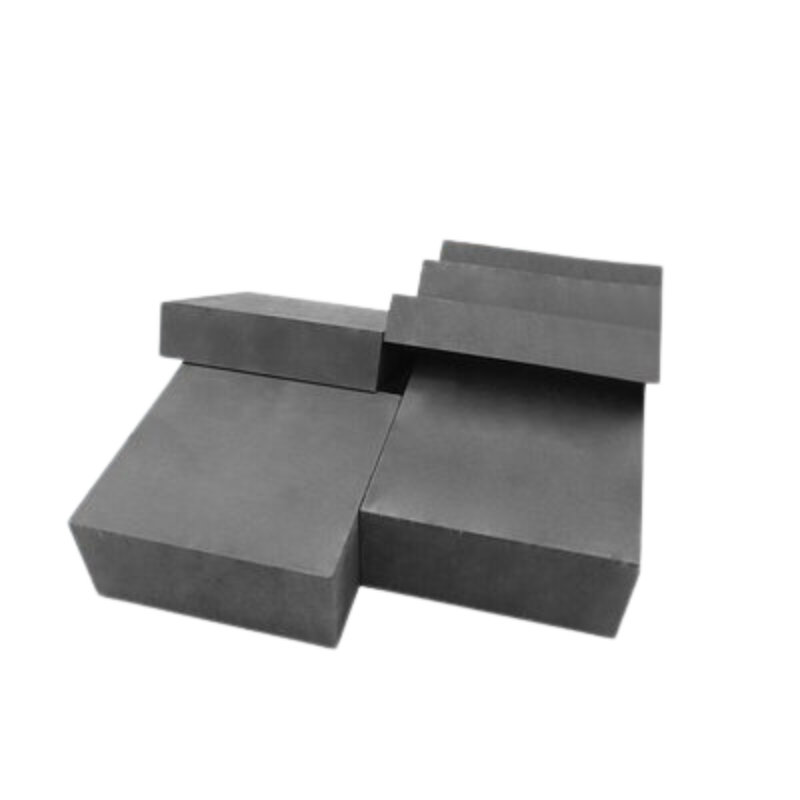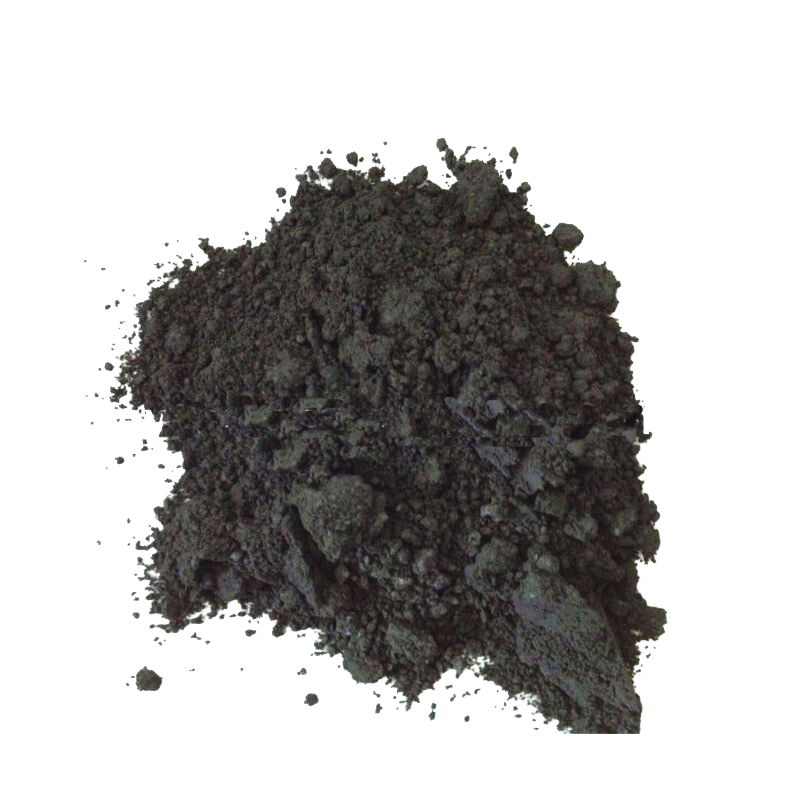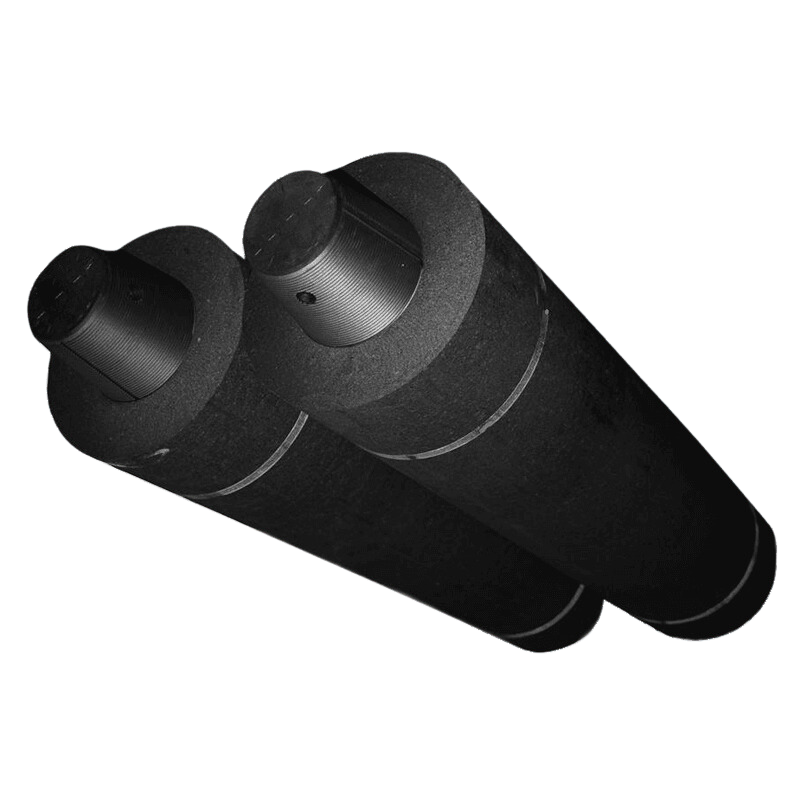The conductivity and stability of graphite electrode materials are influenced by several factors. Here are some of the main ones:
1.Purity: The purity of graphite electrode materials is crucial for their conductivity and stability. Higher purity graphite typically exhibits better conductivity because it contains fewer impurities and defects, reducing resistance and improving conductivity.
2.Crystal structure: The crystalline structure of graphite also plays a significant role in its conductivity and stability. Well-structured graphite generally has higher conductivity and greater stability. Graphite with high crystallinity possesses better electron transfer properties, thereby enhancing its conductivity.
3.Compression density: The compression density of graphite electrode materials affects their conductivity and stability. Higher compression density usually leads to higher conductivity and better stability because increased density reduces resistance and enhances electron transfer efficiency.
4.Temperature: Temperature significantly impacts the conductivity and stability of graphite electrode materials. Generally, as temperature increases, the conductivity of graphite improves, but extreme temperatures may pose stability issues. Therefore, it is essential to optimize the operating temperature range of graphite based on specific applications.
5.Environmental conditions: Environmental factors such as humidity and the presence of chemical substances also affect the conductivity and stability of graphite electrode materials. High humidity or the presence of corrosive substances may cause oxidation or corrosion on the surface of graphite electrode materials, thereby reducing their conductivity and stability.
In summary, the conductivity and stability of graphite electrode materials are influenced by various factors, including purity, crystal structure, compression density, temperature, and environmental conditions. In practical applications, it is necessary to consider these factors comprehensively, choose suitable graphite electrode materials, and take appropriate measures to optimize their conductivity and stability.





